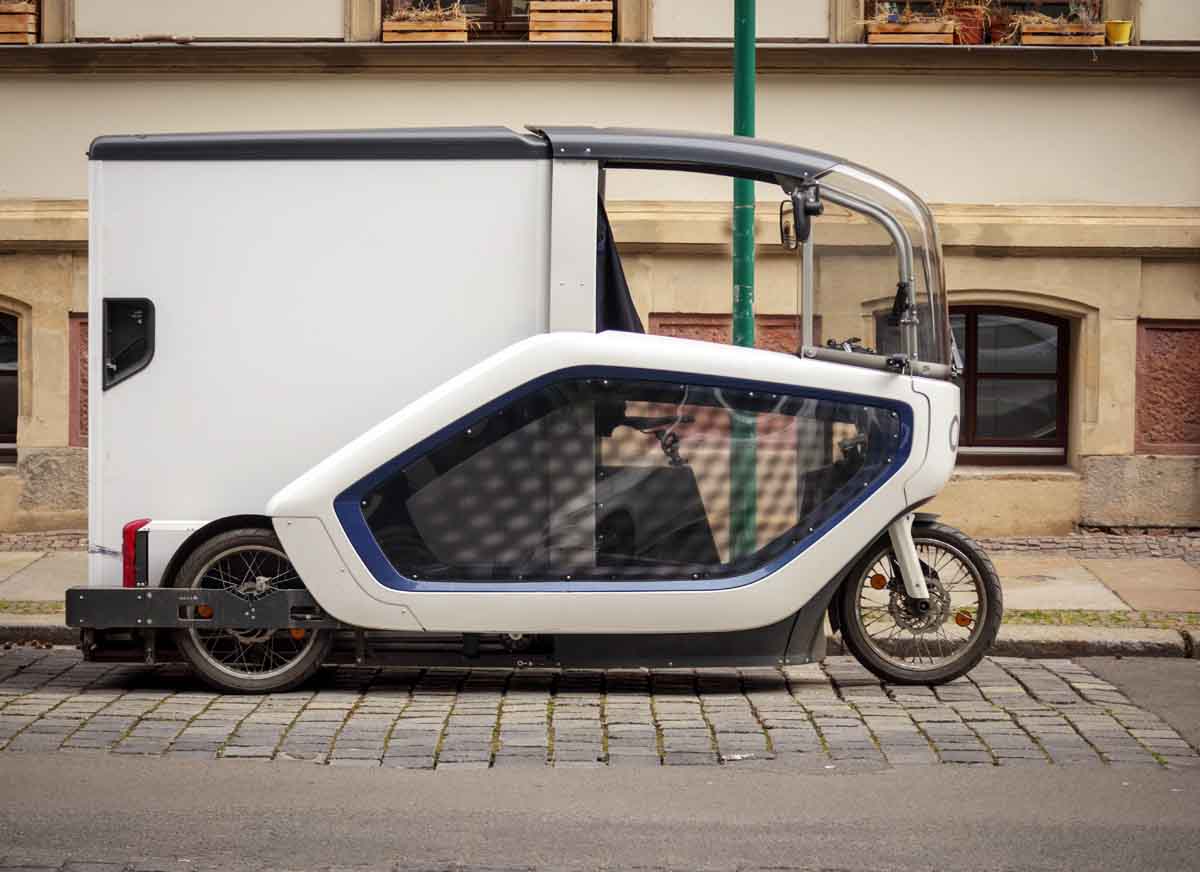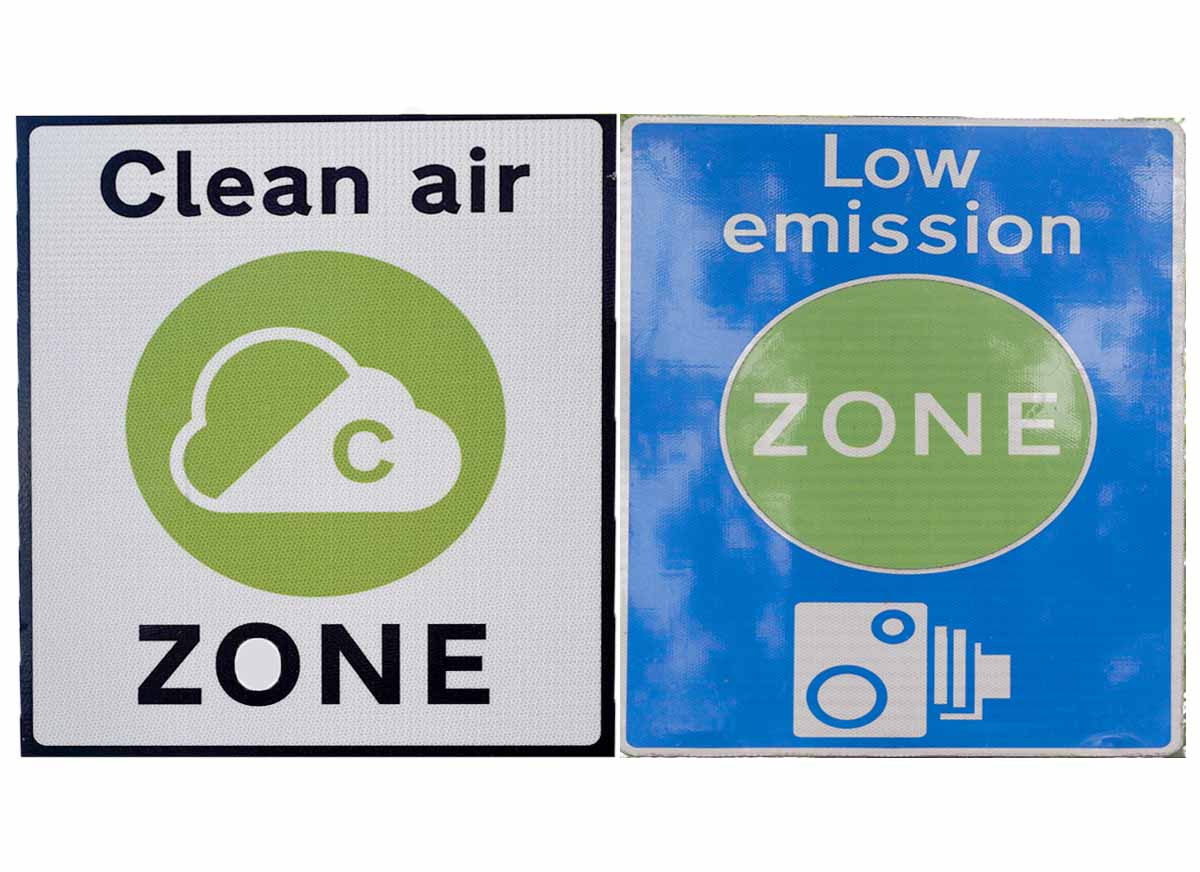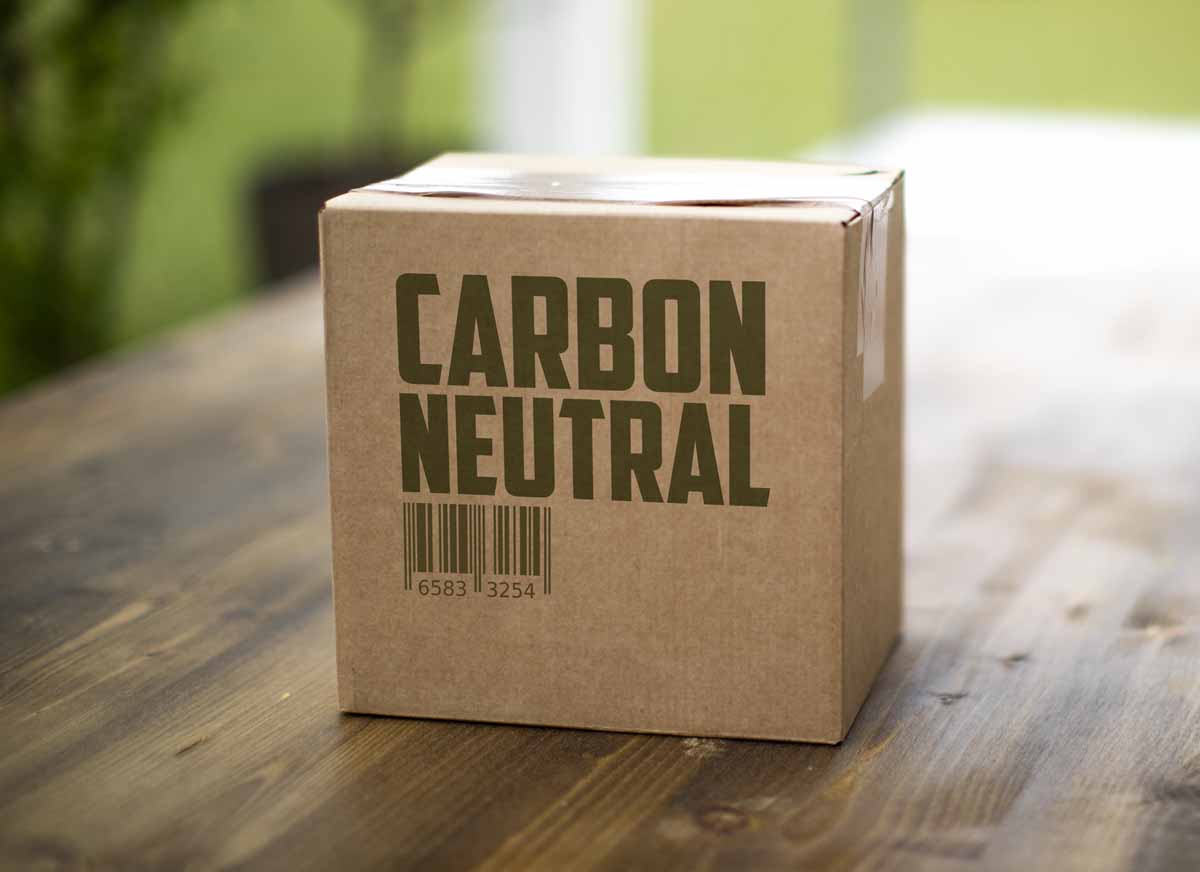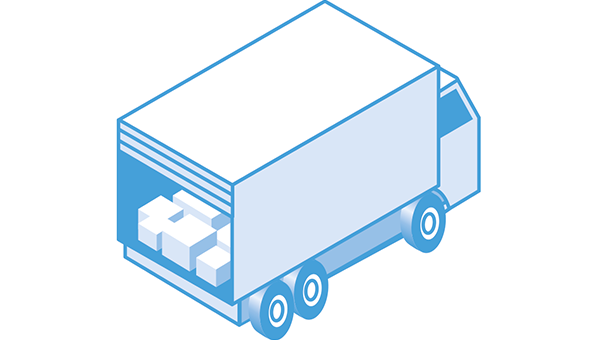What’s the future for home deliveries?

Consumers' expectations have increased as the convenience of purchasing online has become the norm. The "fast commerce" business has also grown rapidly, with some stores now providing home delivery in as little as 15 minutes in response to consumer desire for fast fulfilment. Is this, however, sustainable as demand mounts on retailers and delivery companies to begin the transition to net zero?
Environmentally friendly operations may seem completely out of reach for many firms already struggling to satisfy demand and expectations in the face of a well-publicised driver shortage and escalating costs. When running a business already has its own set of challenges, how feasible is it to explore the untapped potential of cutting-edge technologies like drones, electric vehicles, and self-driving robots?
Andrew Tavener, Head of Fleet Marketing at Descartes explains how to future-proof delivery operations in an unpredictable environment.
Increased emissions and wasted miles
Consumers quickly adapted to purchasing online and having goods delivered to their homes during the COVID pandemic.
However, some businesses had trouble adapting to the transition because of the logistics, finance, and technical eCommerce challenges. It's no secret that the proliferation of delivery vehicles contributes to an increase in pollution levels. Unsatisfactory communication and poor scheduling can result in costly rescheduled deliveries and wasted mileage for businesses that have failed to master the basics. How can we maintain this when home delivery is crucial and consumer expectations are rising?
Turn sustainability into a competitive advantage.
Sustainability is Not a Challenge, It’s An Opportunity
All fields marked with * are mandatory.
Please complete the below form to enable you to download the 'Sustainability is Not a Challenge, It’s An Opportunity' research report as a download.
Many companies are exploring novel approaches to emissions reduction and efficiency improvement. There are several potential avenues to explore, such as the introduction of drones and autonomous delivery robots, or the switch to alternative fuelled fleets. While there is no doubt that there are benefits to be had from the most recent advancements, there are also possible negatives that should be taken into account, such as the possibility of further increases to energy prices. How can businesses effectively adapt to the needs of the present while still laying the groundwork for the future?
The cost of waiting for a certain future is too high for businesses. Using the current fleet to its fullest potential is essential in order to meet the expectations of consumers. Added capacity can be successfully unlocked in existing fleets to meet demand with the use of real-time scheduling and advanced routing software. This also provides a solution that can be quickly adapted to a future fleet and optimise the delivery operation regardless of the vehicle type.
There is an obvious need for change
The retail industry must recognise the need for action and adjust. Companies should make the most of their current fleet and any experimental vehicles by adopting efficient techniques like automatically rerouting electric vehicles into Clean Air Zones or employing shorter cycle alternatives for cargo bicycles.

The use of telematics can provide valuable information to organisations, such as the overall performance of each vehicle type, that can then be used to guide future fleet policy. Trends in operations and potential improvement areas may be uncovered with the use of artificial intelligence and machine learning technologies. Are there specific locations where drones aren't able to complete deliveries? How common are delivery efforts that end in failure, resulting in a lot of wasted fuel, money and wasted miles? Is it possible to ride a cargo bike year-round with an adequate temperature control system? Fleet managers may benefit from a deeper understanding of the elements that influence performance, maintenance and repair costs, vehicle availability, and carbon emissions by actively studying this data and finding trends. Companies could use this data to better plan for peak times and make better-informed decisions about the future fleet composition.
Try our fuel & carbon saving calculator
Consumers environmental expectations
Customers have come to expect on-time deliveries, and businesses should consistently meet this, while also reducing the costs associated with failed deliveries and subsequent reshipments.
Retailers and logistics companies can boost their delivery success rates by providing consumers with a range of delivery dates and time options, allowing them to pick the most convenient one for them. As an extra benefit, wasteful trips can be avoided, and unnecessary distance can be dramatically cut using a system that will automatically provide an optimised delivery time and the opportunity to reschedule. 'Greener' delivery choices with attractive pricing and benefits are another way for businesses to bolster their credibility with eco-conscious consumers and create a great customer experience.

In addition, it is essential that shipping businesses work together and utilise regional distribution centres. Today's consumers will not appreciate the inefficient and poorly planned approach represented by sending many delivery vans around the same routes at the same time. Businesses in the retail and logistics industries can greatly reduce their carbon footprint and save money by working together to consolidate deliveries.
Finally
Retailers can't foresee exactly what home deliveries will look like in a few years. Future consumer demand can be unpredictable, vehicle technology will evolve and action now will determine how things turn out. Neglecting the significant challenges faced right now will make it difficult to create successful plans for the future.
In order to keep up with customer expectations and thrive, businesses must take immediate action. As last-mile delivery services mature, experimentation will be crucial. It is essential to have an effective routing system that can maximise efficiency and manage real-time complications, regardless of the delivery vehicle, as fleets diversify with the introduction of new technologies.
To ensure that your fleet is prepared for the future, speak with one of our experts today.


